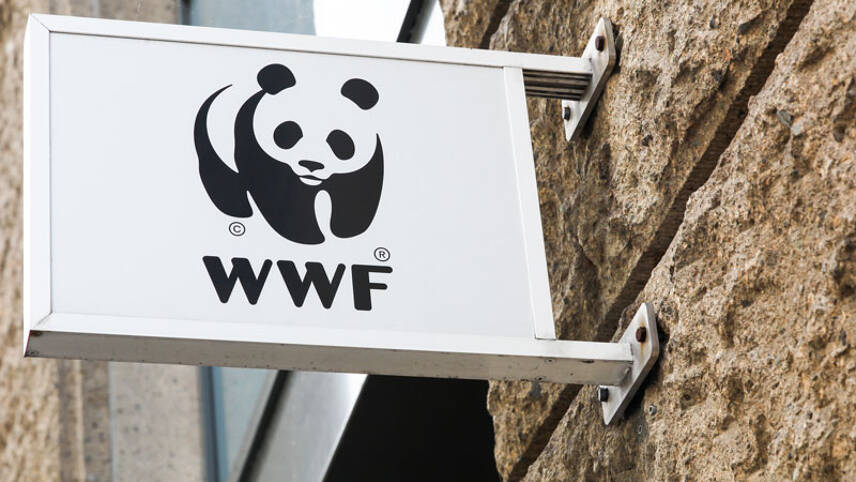Register for free and continue reading
Join our growing army of changemakers and get unlimited access to our premium content

The initiative stated last week that it will soon publish updated guidance on how companies can use ‘environmental attribute certificates’ including carbon credits to account for the delivery of their climate goals, specifically those relating to Scope 3 (indirect) emissions.
This update is expected to relax guidelines on the use of offsets. At present, companies wishing to align with the SBTi’s Net-Zero Standard can only use offsets to address 10% of their absolute emissions across all scopes.
This approach has been fiercely debated within the corporate sustainability space and has reportedly caused a rift within the SBTi itself. Carbon markets proponents are pleased, while others are concerned that businesses could use offsets as a less credible alternative to actually reducing emissions in the first instance.
WWF, one of the organisations which co-founded the SBTi, issued a statement on Monday (15 April) criticizing parts of the SBTi’s approach.
It reads: “Offsets cannot be a substitute for reducing emissions from company operations, products, and value chains. To support the radical transformation we need to see from companies, WWF has long advocated that carbon offsetting needs to be limited in its application to address a small percentage of residual emissions, be bolstered by increased accountability and pursued as part of a holistic and scientifically defined reduction pathway.”
It adds: “As [the] SBTi continues its work to define Scope 3 guardrails for use of market mechanisms, to be published in July, WWF will continue to call for rigorous science and good governance to underpin all of SBTI’s efforts. Updated guidance should also address the very real concerns regarding the poor track record of offsets in delivering real emissions reductions and driving market transformation.”
Nonetheless, the statement acknowledges that WWF has a long history of supporting businesses to pursue certification programmes including those which rely on environmental attribute certificates. It stops short of fully criticising the SBTi’s approach or completely decrying carbon credits.
The SBTi has stated that it will consult on changes to Scope 3 guidance before publishing new advice. WWF has said that “technical review and public consultation form core tenets for any standard-setting body to perform effectively and credibly”.
Alongside WWF, the SBTi’s founding partners are CDP, the World Resources Institute (WRI), the We Mean Business Coalition and the UN Global Compact. The initiative recently completed a de-merger with these organisations as part of a wider structural overhaul intended to increase capacity.
Corporate carbon credit guidance
In related news, the International Emissions Trading Association (IETA) has launched a new set of guidelines for the ‘high-integrity use’ of carbon credits by businesses. This not-for-profit business group is an advocate for the growth of carbon markets and the optimisation of guidelines to increase credibility.
IETA believes that companies should be able to use carbon credits to “compensate for some or all unabated Scope 1, 2 and 3 emissions after meeting interim targets aligned with science-based reduction pathways”.
Its guidance on the appropriate use-cases for offsetting is more lenient than the SBTi’s at present.
IETA’s detailed guidelines are structured around six key principles:
- Companies should demonstrate support for the global delivery of the Paris Agreement
- Companies should measure and publicly disclose their emissions across all Scopes
- Companies should establish a credible net-zero decarbonisation pathway including near-term targets
- Companies should follow the mitigation hierarchy (not use offsetting as a blanket replacement for reducing emissions)
- Only high-quality credits should be used
- The use of carbon credits should be transparently disclosed
The guidance received input from several businesses in high-emission sectors including BP, Shell and Rio Tinto.


Please login or Register to leave a comment.